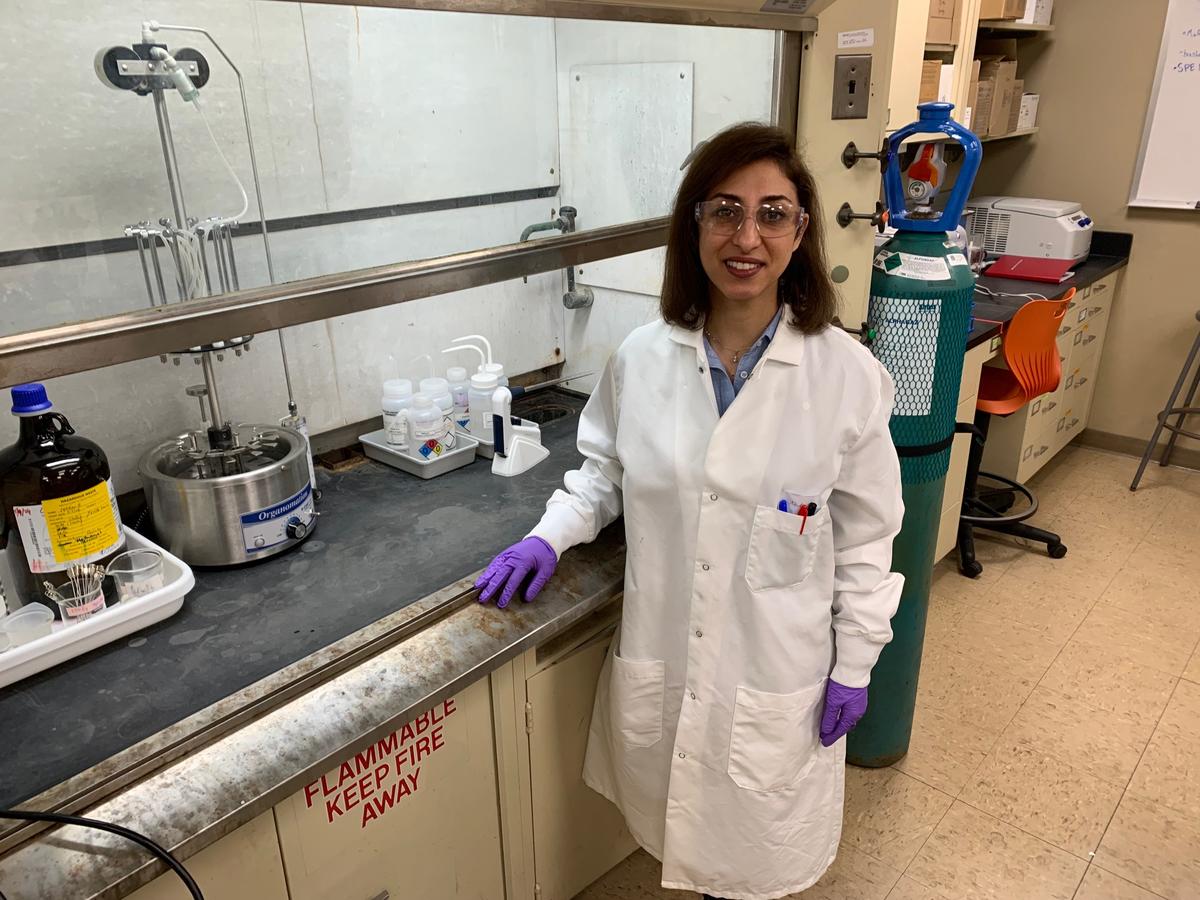By now, everyone’s heard of the acronymic suite of chemicals, PFAS. Long-term exposure to these per- and polyfluoroalkyl substances, often called “forever chemicals,” can lead to a variety of human health impacts. In April, news headlines stated that 23 Minnesota drinking water systems were found to exceed the limits set by the Environmental Protection Agency.
But in addition to water systems, PFAS are also lurking in food sources. PFAS in packaging materials can also find their way into our food supply.
The health implications are bad enough, but that also means food waste can continue to spread the PFAS problem. And it’s a growing problem because food waste is increasing. The amount of food wasted each year is projected to rise by a third by 2030, according to Boston Consulting Group.
But the opportunity in that waste – aside from the nutrients not getting into human bellies – is turning it into an energy source via anaerobic digestion. Among conventional food waste treatments, anaerobic digestion yields the highest primary energy production while maintaining net-negative emissions of greenhouse gasses. Additionally, the residual digested solids are rich in nutrients, representing a potential source of sustainable fertilizer.
However, PFAS present in food waste do not degrade during anaerobic digestion. This represents a potential roadblock, as application of PFAS-contaminated fertilizers to soils could spread the chemicals to the environment.
One potential solution is to follow anaerobic digestion with a thermal treatment process, such as hydrothermal liquefaction or pyrolysis. Previous studies have shown these technologies may be effective for degrading PFAS.
And this is the research driving the passion of postdoctoral associate Neda Amanat. She came to NRRI to develop an innovative approach to reuse resources and remediate PFAS in food waste using thermal treatment.
"My goal is to understand the effectiveness of a novel food waste treatment train approach,” said Amanat. “We’re including anaerobic digestion followed by thermal treatment to generate renewable biogas as well as nutrient-rich soil amendments that have been remediated for PFAS.”
She believes that the substantial concerns surrounding PFAS contamination make this project important globally.
Global Student
Amanat began her college career in chemical engineering at Shiraz University in Iran, then moved to Italy to continue her studies. She began her postdoctoral research at Sapienza University in Rome before coming to Minnesota and NRRI in January 2023.
She’s intrigued by the challenge of navigating research that is poorly represented in existing literature.
“But that’s also what makes the work interesting and rewarding,” said Amanat. “I enjoy contributing to a deeper understanding of overlooked or emerging topics and shedding light on areas that warrant further exploration.”
Her research is funded by the University of Minnesota MnDRIVE program – Minnesota's Discovery, Research, and InnoVation Economy – through the Research and Innovation Office. The project wraps up this year.
Collaborations
Expertise within NRRI and the University’s research enterprise have greatly informed Amanat’s research. NRRI’s Eric Singsaas and Brian Barry in the Materials and Bioeconomy group are providing technical input regarding the thermal treatment technologies. And, NRRI Mechanical Engineer, Kory Jenkins, provides essential expertise in technical and safety manufacturing techniques.
On the Twin Cities campus, a collaboration with the College of Food, Agricultural and Natural Resource Sciences is providing expertise from the Department of Bioproducts and Biosystems Engineering.
“Professor Bo Hu provides technical assistance regarding the reutilization of food waste through anaerobic digestion,” said Amanat.
Off Hours
When she’s not socializing with friends, or enjoying nature on hikes, Amanat loves to travel.
“I love to learn about new cultures and meet new people,” she said. “Right now I’m planning a trip to California.”
